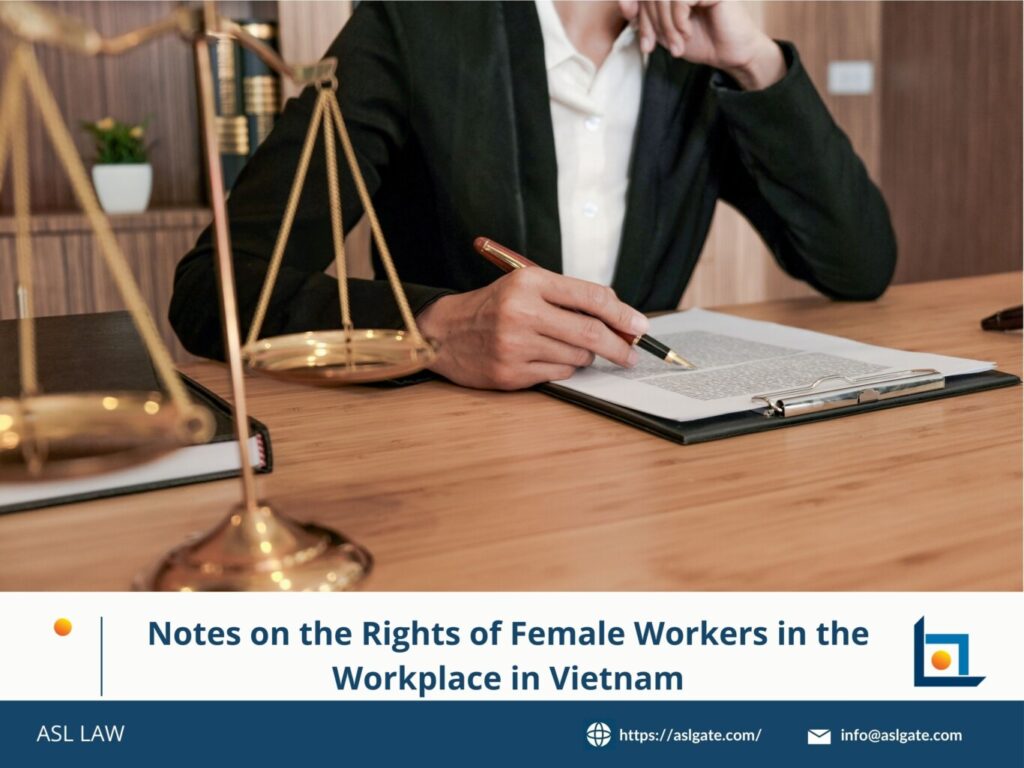The year 2025 marks a pivotal shift in Vietnam’s legal and human resources landscape. A range of new legislative drafts and prevailing enforcement practices reflect a clear policy direction: enhancing employee protection while promoting greater flexibility in labor relations—an evolution that both workers and employers must keep abreast of. 1. The trend toward standardized contracts…
From July 1, 2025, voluntary social insurance (VSI) participants who meet the required age and contribution period can start receiving pensions. Specifically, those who contributed to VSI before January 1, 2021, and have completed 20 years of contributions will be eligible to retire immediately upon reaching 60 years old (for men) and 55 years old…
Throughout thousands of years of human history, women have always been subjected to disadvantages and inequality. In Vietnam, this situation has persisted due to the traditional mindset of ‘male preference,’ passed down from generation to generation, affecting women’s rights in society. In the modern era, although Vietnam’s 2019 Labor Code No. 45/2019/QH14 (“2019 Labor Code“)…
In the face of global economic fluctuations, many manufacturing companies in Vietnam experience difficulties due to declining orders, leading to reduced working hours or temporary production halts. This raises the question: can a company legally withhold wages from employees when there are no orders? Employer’s Wage Payment Obligations Under the Law According to the 2019…
According to many current workers, the personal income tax (PIT) family deduction in Vietnam has become outdated, failing to keep up with inflation and rising living costs, thus placing financial pressure on taxpayers. Currently, the deduction stands at VND 11 million per month (VND 132 million per year) for individuals and VND 4.4 million per…
Vietnam Social Insurance has submitted a proposal to the Ministry of Labor, Invalids, and Social Affairs, requesting a clear definition of bonuses, meal allowances, fuel costs, and other benefits that are not subject to mandatory social insurance contributions. The objective of this proposal is to ensure transparency and facilitate the social insurance collection process. In…
Disciplinary actions are a legitimate tool for employers to maintain order and discipline in the workplace. However, this right must be exercised in compliance with the law to avoid legal risks and to protect the lawful rights of employees. In 2025, with the evolving legal environment in Vietnam, employers should take note of key aspects…
Workplace rules are essential tools for employers to manage and operate their businesses effectively while complying with the law. In Vietnam, establishing and implementing workplace rules not only ensures the rights and obligations of both employers and employees but also minimizes potential labor disputes. However, for workplace rules to be recognized and legally effective, employers…
In the context of global economic integration, Vietnam has attracted a large amount of foreign investment, leading to an increase in the number of foreign workers in domestic enterprises. However, the diversity in labor relations has also resulted in numerous disputes. Resolving labor disputes with foreign elements not only affects the rights of workers and…
Probation is an important stage in the recruitment process in Vietnam, allowing employers to assess the competence of employees before officially signing a labor contract. It is an integral part of the labor relationship, benefiting both parties. However, to ensure the rights and obligations of both parties, Vietnamese law provides clear regulations regarding probation. This…

 Tiếng Việt
Tiếng Việt 中文 (中国)
中文 (中国) 日本語
日本語










